The Department of Biomedical, Biological, and Chemical Engineering offers a Ph.D. in Bio-sciences. The program is available on-campus and online. The department offers three emphasis areas: computational and systems biology, medical biomechanics, and biomaterials. Students can apply these skills in many fields, including the life sciences, pharmaceutical sciences, and health and nutrition.
The department's faculty is comprised of faculty in both disciplines. The graduate program teaches students to apply engineering principles in the analysis and manipulation of biological systems. They learn about the interactions between agents and organisms and how they can best serve them. In addition, they can prepare for careers in the biomedical field or research. There are numerous job opportunities available in this field.
A Ph.D. in bio-sciences and bio-engineering program combines biotechnology and engineering. It focuses on the interface between biology and engineering. The program allows students to develop cutting-edge bioengineering technologies and address societal problems. The curriculum is interdisciplinary and designed for students with undergraduate degrees in life science and engineering. They will be prepared to work in the biomedical industry and contribute to the field of medicine.
Ph.D. in Bio-sciences and Bio-engineering Eligibility
Candidates who want to take admission in Ph.D. must have a post-graduate degree in Ph.D. in Bio-sciences and Bio-engineering and its relevant discipline with at least 55% marks from a recognized university and must have passed the national level entrance examination or university level entrance examination. National level entrance exams like UGC NET / UGC CSIR NET / GATE / SLET or University entrance exams consist of written tests and personal interviews.
The Benefits of a Ph.D. in Bio-Sciences and Bio-Engineered Sciences
The Ph.D. program in Bio-sciences and Bio-engineered sciences aims to train future scientists and engineers to solve real-life problems. Graduates of this program will have the opportunity to work in a variety of fields, from the pharmaceutical industry to health care. In addition, they can expect to work closely with renowned researchers from the fields of biology, medicine, and chemistry.
The Ph.D. program is aimed at students who want to apply their knowledge to solve real-world problems. The focus of the program is to further the field by producing original and creative findings based on their research. There are numerous options for Ph.D. graduates. In the biomedical field, they can specialize in a particular area. This gives them a great deal of flexibility in their career choices, allowing them to do hands-on research in a lab environment. Eventually, they may even go on to become senior members of the research team.
As a Ph.D. student, you will be expected to work on cutting-edge research in the field of your choice. You will be involved in research relating to environmental microbiology, bioprocesses, and cell biology, as well as tissue engineering and neurobiology. Your Ph.D. training will give you the opportunity to participate in cutting-edge projects in collaboration with faculty members and other graduate students.
The Career Opportunities of a Ph.D. in Bio-Sciences and Bio-Engineering
When you complete your Ph.D. in bio-sciences and bio-engineering, you will have the ability to pursue a variety of career opportunities. There are many ways to apply for your Ph.D. in these fields. Some of these opportunities are listed below. These careers are highly specialized and may be difficult to find if you are just starting out.
Among the potential career opportunities, you may consider starting your own business. The world of business is a highly competitive one, and not all graduates can be successful. However, a doctorate in bio-sciences and bio-engineering will give you the edge over other graduates. You will be able to use your skills and knowledge in a variety of fields. If you are interested in becoming a doctoral student, then it is crucial to have some relevant practical experience in your field.
In addition to research careers, you can choose to work in environmental or animal behavior, ecology, or population genetics. You can also choose to work as an ecological consultant or teacher. Another option is in biotech. There are many biotech jobs available. Some careers in bio-engineering include teaching, patent law, and nutrition.
The Future Scope of a Ph.D. in Bio-Sciences and Bio-Engineering
As a result, new generations of engineers and scientists are learning how to model and manipulate environmental factors to solve problems. These graduates can use their training to develop products in medical fields and biotechnology, which can have a huge impact on our society. In the future, it will be even easier to get a Ph.D. in biology than ever before.
There are a lot of opportunities for students who graduate with a Ph.D. in bio-sciences and bio-engineering. These graduates will have a great deal of power to influence healthcare and other areas of society. With the advent of medical imaging and biotechnology, this field is becoming increasingly important. With more people living longer and better lives, it's an exciting time to be a scientist or engineer.
While the field is still developing, there is a wide variety of career options in the field. Some biomedical engineers work in laboratories and hospitals. Others work in conventional office environments. Other biological engineers are involved in the development of advanced technology and farming equipment. Their work may also include creating new prosthetics and researching the benefits of biotechnology.
Ph.D. Research Programme duration
The Ph.D. in Bio-sciences and Bio-engineering course is a minimum of 3 years and a maximum of 5 years duration. This depends on the university offering the course.
Fees for research program for Ph.D. in Bio-sciences and Bio-engineering
The average fee for Ph.D. in Bio-sciences and Bio-engineering degree is between INR 50000 and INR 500000.
 5 Years
5 Years
 PhD
PhD
 Research
Research







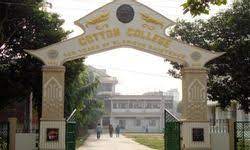
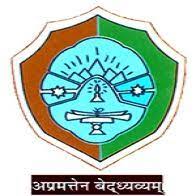
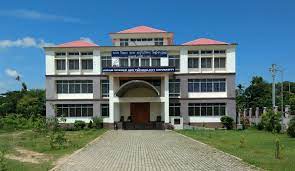
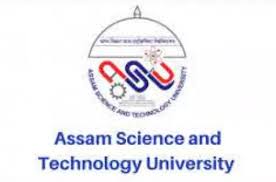
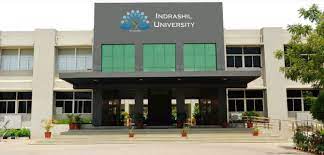
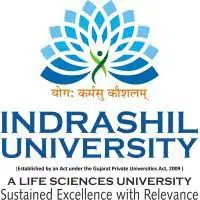

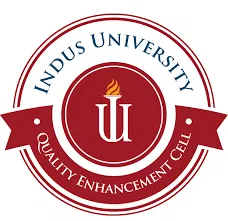
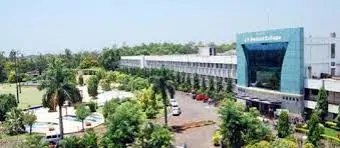
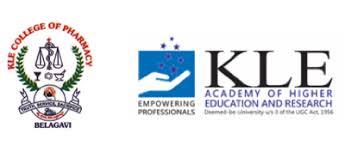
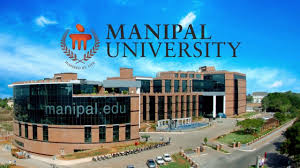



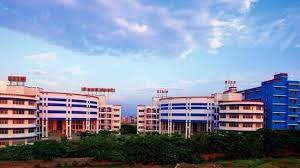

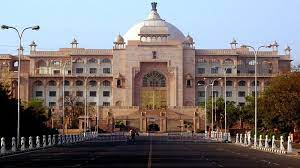
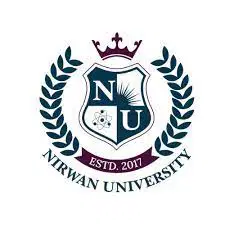
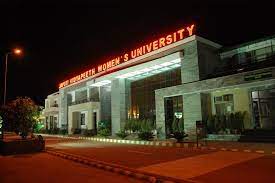







 back
back